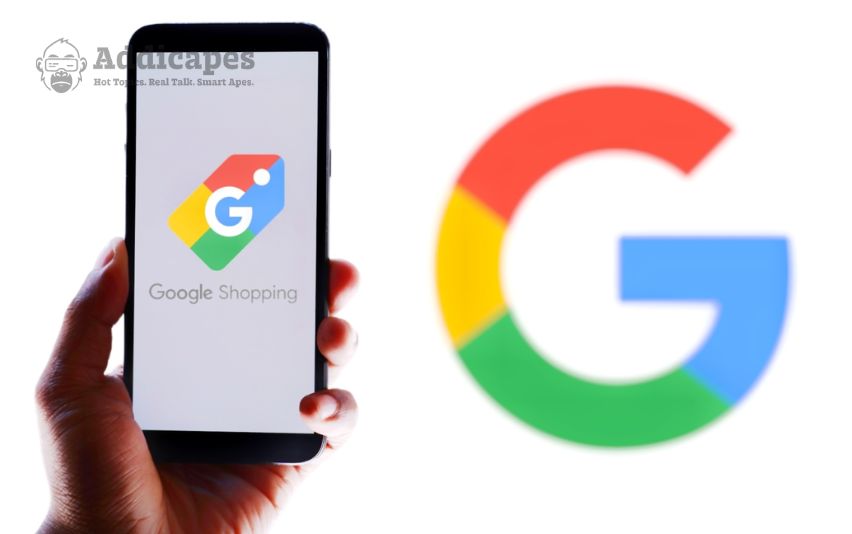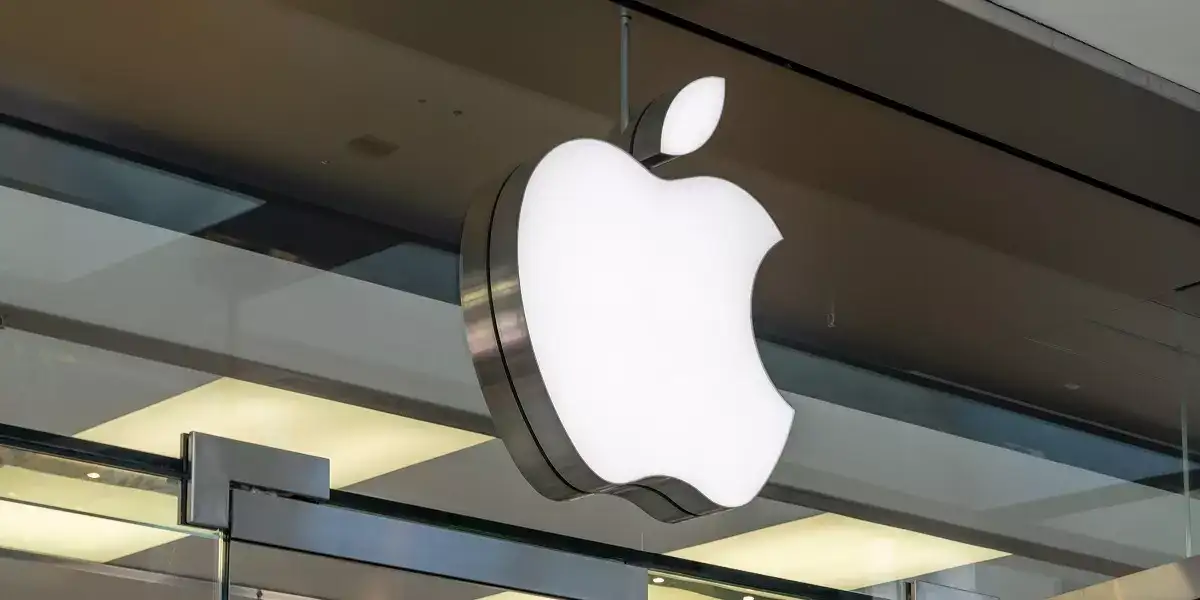When AI Startups Think Big
In an unexpected turn, Perplexity AI, a fast-growing artificial intelligence company, has offered a staggering $34.5 billion in cash to buy Google’s Chrome browser. The bid, which far exceeds Perplexity’s own valuation, has set the tech world buzzing. While some see it as an audacious attempt to disrupt the web browser market, others believe it’s a strategic PR move aimed at putting Perplexity in the global spotlight.
The offer comes at a time when Google faces antitrust scrutiny in the U.S., with regulators exploring ways to break up its dominance in search and advertising. If approved, this deal could become one of the most surprising acquisitions in tech history.
The Background – Why Chrome Matters So Much
Google Chrome isn’t just a browser — it’s the gateway to the internet for billions of users. With a market share of over 60% worldwide, Chrome influences how people search, shop, stream, and connect online. Beyond user experience, Chrome also strengthens Google’s ad ecosystem by keeping people tied to its services.
For Perplexity, acquiring Chrome would mean instant access to billions of daily active users, giving it a massive platform to integrate its AI tools, personalized assistants, and next-generation search capabilities.
Perplexity’s Offer – What We Know
While the exact internal documents aren’t public, Perplexity’s statement outlines a few commitments if the deal goes through:
- $34.5 billion all-cash offer — a huge number for a company with a far smaller market value.
- Keep Chrome free and open-source under the Chromium project.
- Maintain Google as the default search engine (users can change it).
- Invest heavily in AI-powered browsing features, such as real-time summarization, smart recommendations, and voice-based navigation.
- Retain most of Chrome’s engineering team to ensure stability and innovation.
These pledges suggest Perplexity is aiming to reassure Chrome’s existing users while pushing its AI-first vision.
Why Now? The Timing Strategy
The bid didn’t come out of nowhere. Google is currently battling a major antitrust case brought by the U.S. Department of Justice, which accuses it of unfairly monopolizing search. Regulators have hinted that breaking up parts of Google’s business — like Chrome — could be a potential remedy.
By stepping in now, Perplexity positions itself as a ready buyer if Google is forced to divest Chrome. Even if regulators don’t mandate a sale, the offer generates headlines and cements Perplexity’s image as an AI player unafraid of challenging tech giants.
The Potential Upside for Perplexity
- Massive User Base Overnight
Acquiring Chrome would instantly give Perplexity an active audience of billions, making it a household name. - AI Integration at Scale
Perplexity could build native AI features into Chrome, turning it from a simple browser into an intelligent work and productivity hub. - Advertising Power
With Chrome’s market share, Perplexity could enter the digital advertising space in a way that rivals Google, Meta, and Microsoft. - Stronger Negotiating Position
Even if the deal doesn’t go through, Perplexity could use its increased visibility to attract partnerships, investors, and new customers.
The Risks & Challenges
- Financial Feasibility
Perplexity would need to raise enormous funds. A $34.5B all-cash deal is ambitious for any startup. - Regulatory Approval
Acquiring a platform of Chrome’s size would trigger antitrust reviews in multiple countries — a lengthy and uncertain process. - User Backlash
Many Chrome users are loyal to Google’s ecosystem. Changes — even if positive — might trigger skepticism. - Competition From Other Buyers
If Chrome were ever up for sale, Perplexity might face competition from Microsoft, Amazon, or Apple, each with deeper pockets.
Industry Reaction – Mixed and Loud
The announcement has split opinion in the tech community:
- Optimists call it a bold vision — the type of disruption AI companies should aim for.
- Skeptics see it as an impossible dream, designed to grab media attention rather than finalize a deal.
- Investors are cautiously intrigued, with some suggesting the PR buzz alone could help Perplexity raise more funding.
Social media reactions have ranged from genuine curiosity to outright memes about the David vs. Goliath nature of the proposal.
What This Means for AI’s Future in Browsing
If AI companies like Perplexity gain control over widely used browsers, we could see a paradigm shift in how the web works:
- Search results could be summarized instantly rather than displayed as links.
- Browsers might anticipate your needs — recommending relevant documents, videos, or products before you even type.
- Privacy concerns could rise if AI tools collect deeper behavioral data.
Such a move would blur the line between a browser and an AI assistant, potentially changing daily internet use for billions.
Could Google Actually Sell Chrome?
At present, the idea seems unlikely. Chrome is deeply integrated into Google’s search and ad business. Selling it would mean giving up a key channel for collecting data and serving ads.
However, if antitrust regulators push hard enough, Google might be forced to consider a spin-off or sale. In such a scenario, Perplexity’s early interest could make it a front-runner.
Final Thoughts – Visionary or Unrealistic?
Perplexity’s $34.5 billion bid for Chrome is either:
- A game-changing vision that could redefine the browser market, or
- A calculated publicity move to position itself as a fearless AI innovator.
Either way, the move signals that AI startups are no longer content with niche products — they want to play in the same league as Big Tech.
For now, Google hasn’t publicly responded, and the tech world is left wondering: is this the beginning of a serious negotiation, or simply one of the boldest marketing plays we’ve seen in years?













